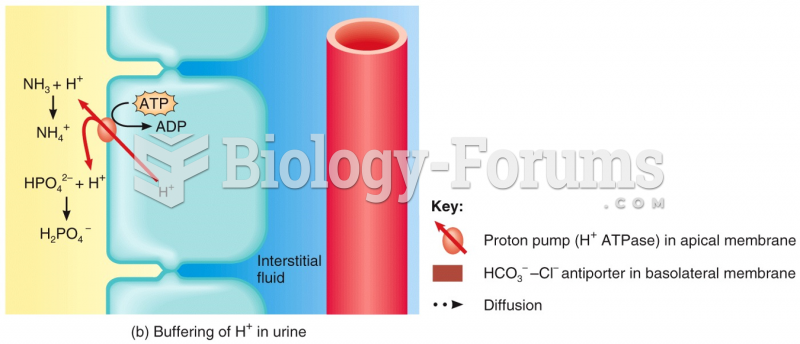|
|
|
Approximately 15–25% of recognized pregnancies end in miscarriage. However, many miscarriages often occur before a woman even knows she is pregnant.
The Romans did not use numerals to indicate fractions but instead used words to indicate parts of a whole.
Blood is approximately twice as thick as water because of the cells and other components found in it.
All patients with hyperparathyroidism will develop osteoporosis. The parathyroid glands maintain blood calcium within the normal range. All patients with this disease will continue to lose calcium from their bones every day, and there is no way to prevent the development of osteoporosis as a result.
Egg cells are about the size of a grain of sand. They are formed inside of a female's ovaries before she is even born.







